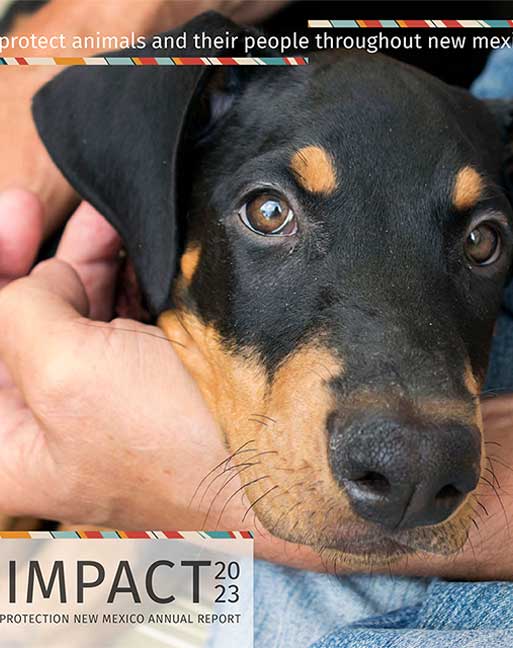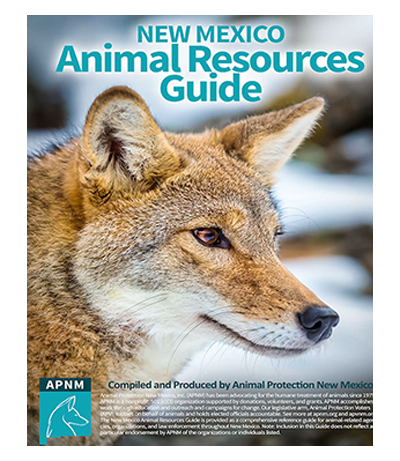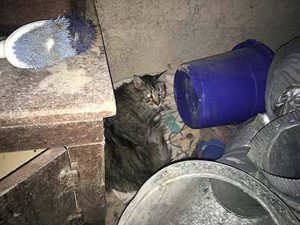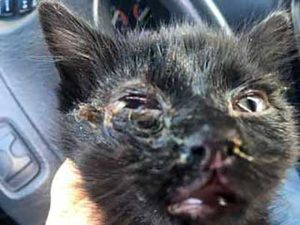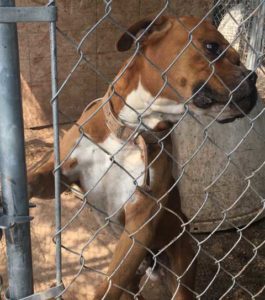 Companion animal hoarding is a big problem in the state, with suspected hoarders living in nearly every community. Most instances involve individuals, but some of the worst hoarding cases have been found in breeding operations, purported “rescues,” and even animal shelters.
Companion animal hoarding is a big problem in the state, with suspected hoarders living in nearly every community. Most instances involve individuals, but some of the worst hoarding cases have been found in breeding operations, purported “rescues,” and even animal shelters.
Although companion animal hoarding is usually associated with large numbers of animals (sometimes up to 100 or more), it is also associated with how the animals are cared for. The typical situation involves malnourished, sick animals living in filthy, cramped conditions, which, in some cases, require the premises to be condemned.
Animal shelters spend large amounts of money and other resources impounding alleged hoarders’ animals. This takes resources away from the other services that animal shelters provide for the community.
Companion animal hoarding is a psychological problem. And the living conditions are not just bad for the animals – they are bad for the people too. Hoarders need help.
If you see a suspected case of hoarding, don’t assume “someone else” will take care of the situation. Take precautions to safely report any findings of neglect or cruelty to the proper authorities.


